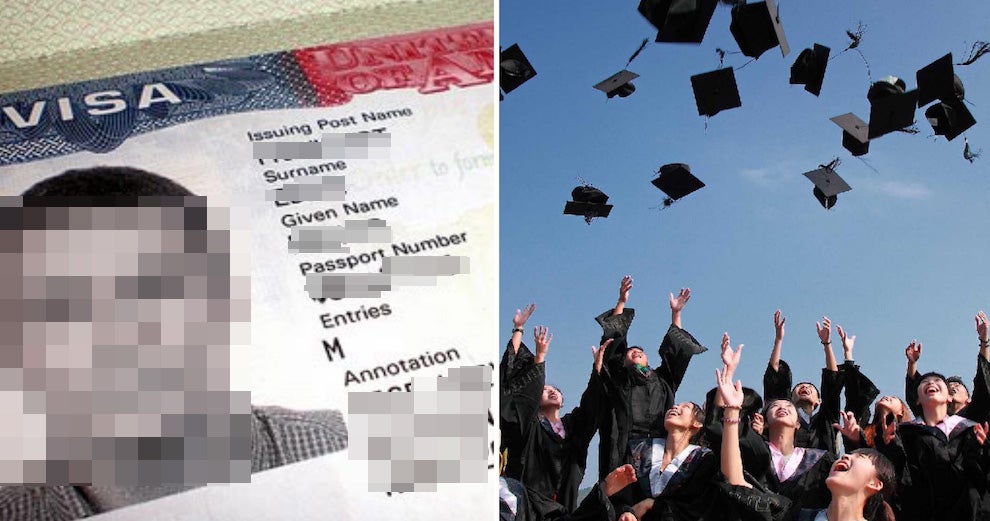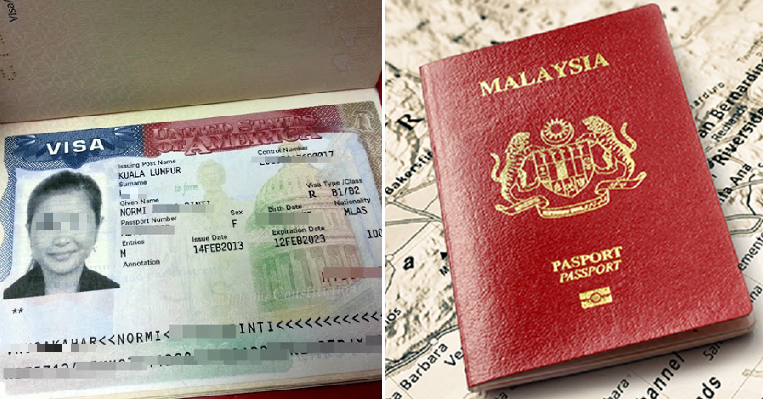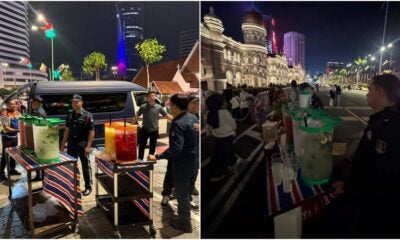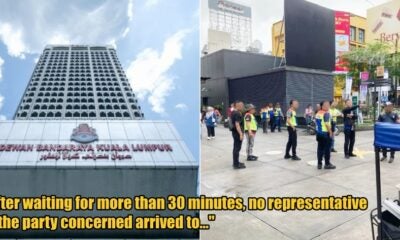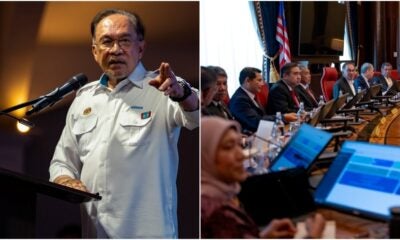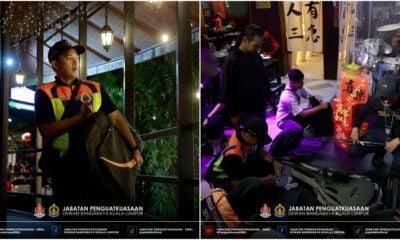According to Bernama, Malaysian students keen on studying in the United States will need to be familiar with the recent changes being made in the US visa policy, making it more restrictive.
The new policy, which was announced by the Trump administration in August 2018, has placed tighter restrictions on students overstaying their visa.
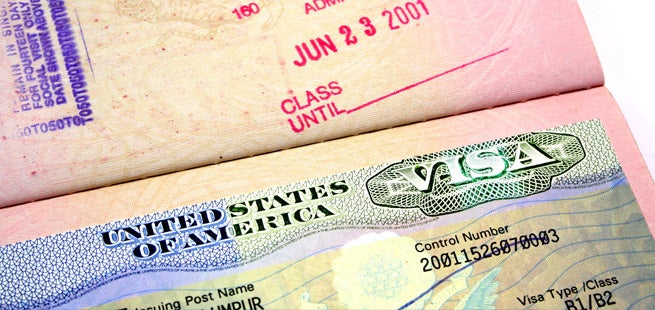
Source: avanse
According to immigration policies, when a person overstays the period stated on their visas (when the visa expires), the amount of time people overstay their visa is referred to as a period of “unlawful presence”. After six months of unlawful presence, a person will be forced to return to their home country and will be barred from entering the US for three years.
Before the policy change in August, people only accumulate unlawful presence the day after the US government issues an official determination that the visa holder is “out of status”.
Now, the policy changes state that the US Department of Homeland Security (DHS) can set the start dates of unlawful presence retroactively, so unlawful presence periods can begin the day after a student’s degree programme is complete, or the day after their visa expiration date.
This could also make it harder for students to gain practical experience or work in the US upon graduating.
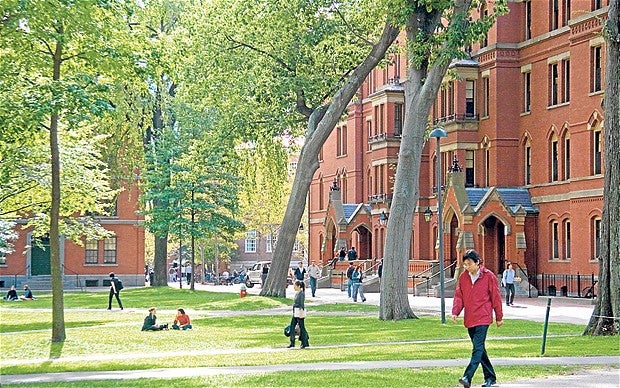
Source: the telegraph
This new change affects all foreign students, especially Malaysians, who make up the second highest source of students from the ASEAN region.
“I am worried, to be honest, by the restrictions announced for students wanting to study in the United States, my dream has been to study in the US.”
“After I complete my education, I would like to gain some practical experience by working with a US company for some time before I return to Malaysia. Will the new visa policy deny me what has been a long tradition followed by foreign students?” a Malaysian student tells Bernama.
In light of this issue, 65 American universities, including Harvard, MIT, and Princeton, have since come out to oppose this new policy in defense of foreign students, warning that this could cause long-term damage for the country’s education system.
What are your thoughts on these more restrictive visa policy changes? Let us know in the comments below.
Also read: Ambassador Confirms Malaysians NOT Getting Visa-Free Travel to US Anytime Soon

